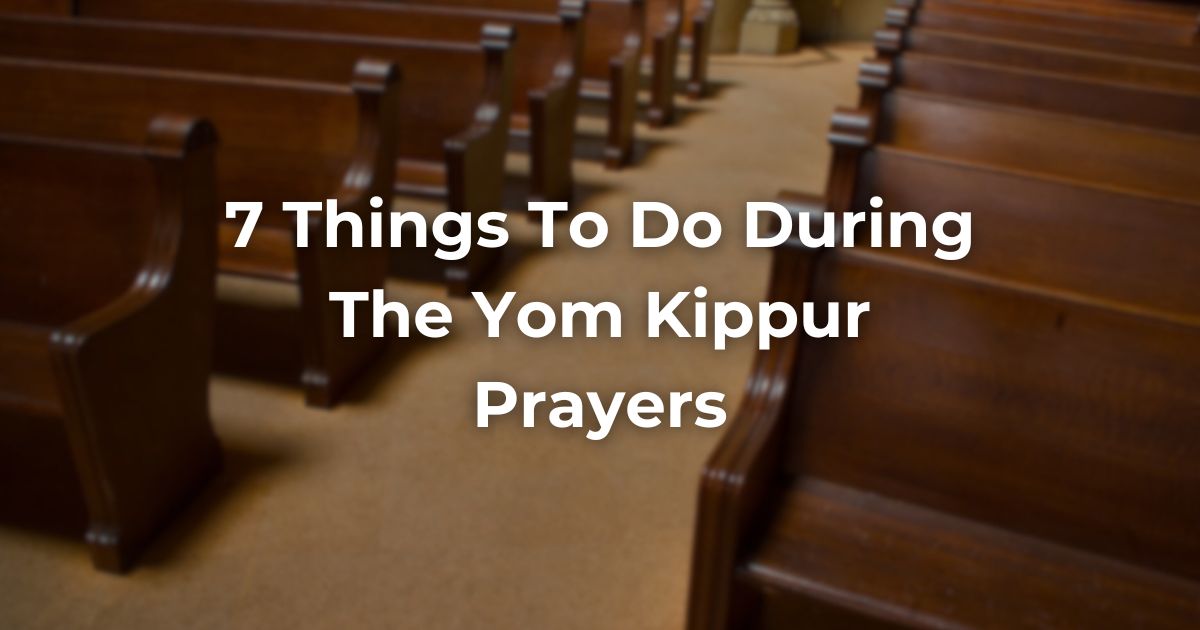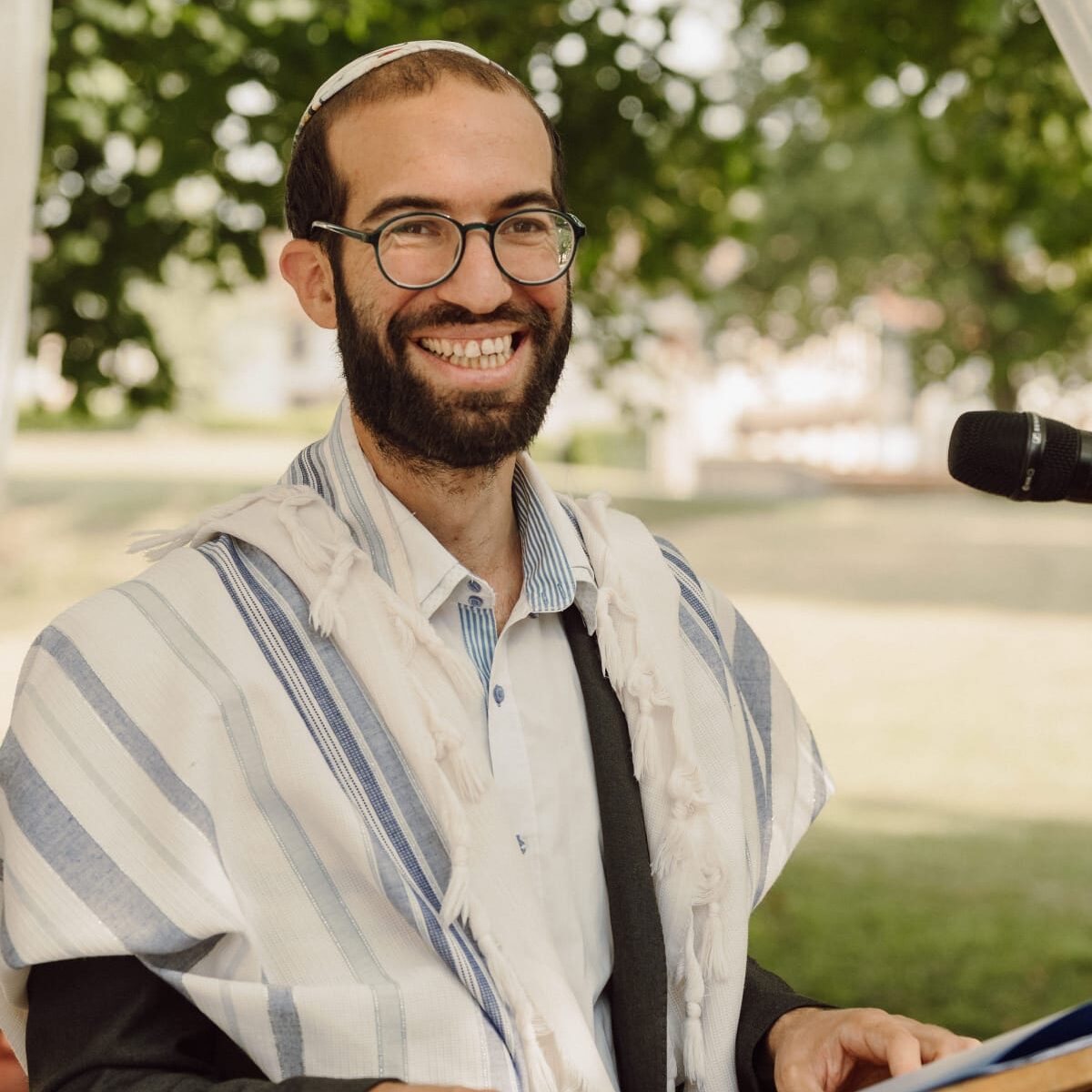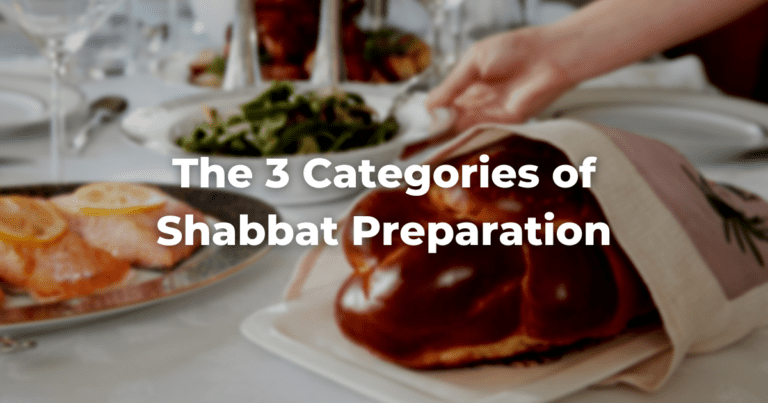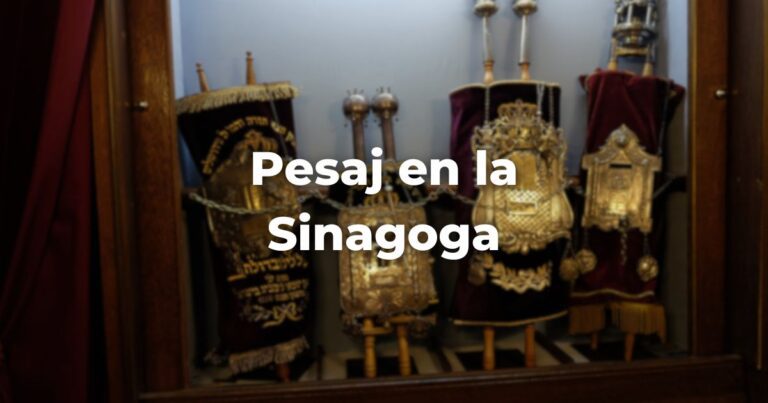Yom Kippur is 25 hours of fasting, but also has hundreds of prayers and thousands of words. Is it enough to just be physically present in the synagogue? What should you do if you don’t speak Hebrew?
Some ideas:
Say Fewer Words, Slowly
A general principle in a community is that responsibility is shared. Don’t worry; the chazan, rabbi, and many others are saying what needs to be said. You can zoom out if you want, take a particular text, and read it at your own pace, in Hebrew or in translation. You can take one phrase, meditate on it, and make it your own.
Pray in Your Own Language
While using Hebrew texts has power, depth, and unity, the halacha allows all prayers to be recited in one’s own language. Don’t be shy if you feel more fluent in the translation, especially for the silent prayers.
Use Your Own Words
Reciting words from a book is easy, but we’re also meant to add our own words. What are the big subjects on your mind now: in your personal life, circles of friends and family, and globally? Even if it feels strange, try and phrase them as a prayer or a hope.
Shut Up and Sing
Sometimes, there’s more power in flowing with the melodies rather than focusing on the specific meaning of every word. (This is the power of the shofar – a prayer beyond words!) Try and lose yourself in the chanting, join in with humming or nai nai nai or la la la.
Make Big Decisions
At this point, you have no distractions. You’ve already taken time off work, and you have no meals to prepare. Close the prayer book for a while and focus on yourself. Are you the person you want to be? If not, what is the big change that you need in your life? Now is the time to be honest and courageous with yourself.
Go for a Walk
Again, the synagogue will survive without you. If you need a change of scenery, go for a long walk without a destination in mind, and try and think honestly about aligning your life with your dreams and values.
(Re)connect with Your Community
Look around you in the synagogue. If the people around you are familiar, take a moment to consider what’s going on in their lives and what they might need this coming year. Sometimes, it’s easier to pray for others than for yourself. If you don’t know the people around you, appreciate the power of strangers coming together for a day to share a common experience.
Author
-

Rabbi Josh Weiner was born in Jerusalem, and has lived in London, Berlin and Paris. He studied Social Work at the Hebrew University of Jerusalem and Jewish Theology at Potsdam University. As well as being the rabbi of the Adath Shalom synagogue in Paris, he teaches TalmudReferring to one of two collections, the Jerusalem and Babylonian Talmuds, edited in the 6th century, that contains hundreds of years of commentary, discussion, and exploration of the ideas in the Mishnah. One could describe it as Mishnah + Gemara = Talmud Read more at the École Rabbinique de Paris and Halacha at the Abraham Joshua Heschel Seminary in Berlin, and is involved in several other educational projects in Europe. He believes strongly in interfaith dialogue, and experimenting with new forms of accessible, intelligent, meaningful Judaism.
View all posts https://58thcentury.world






